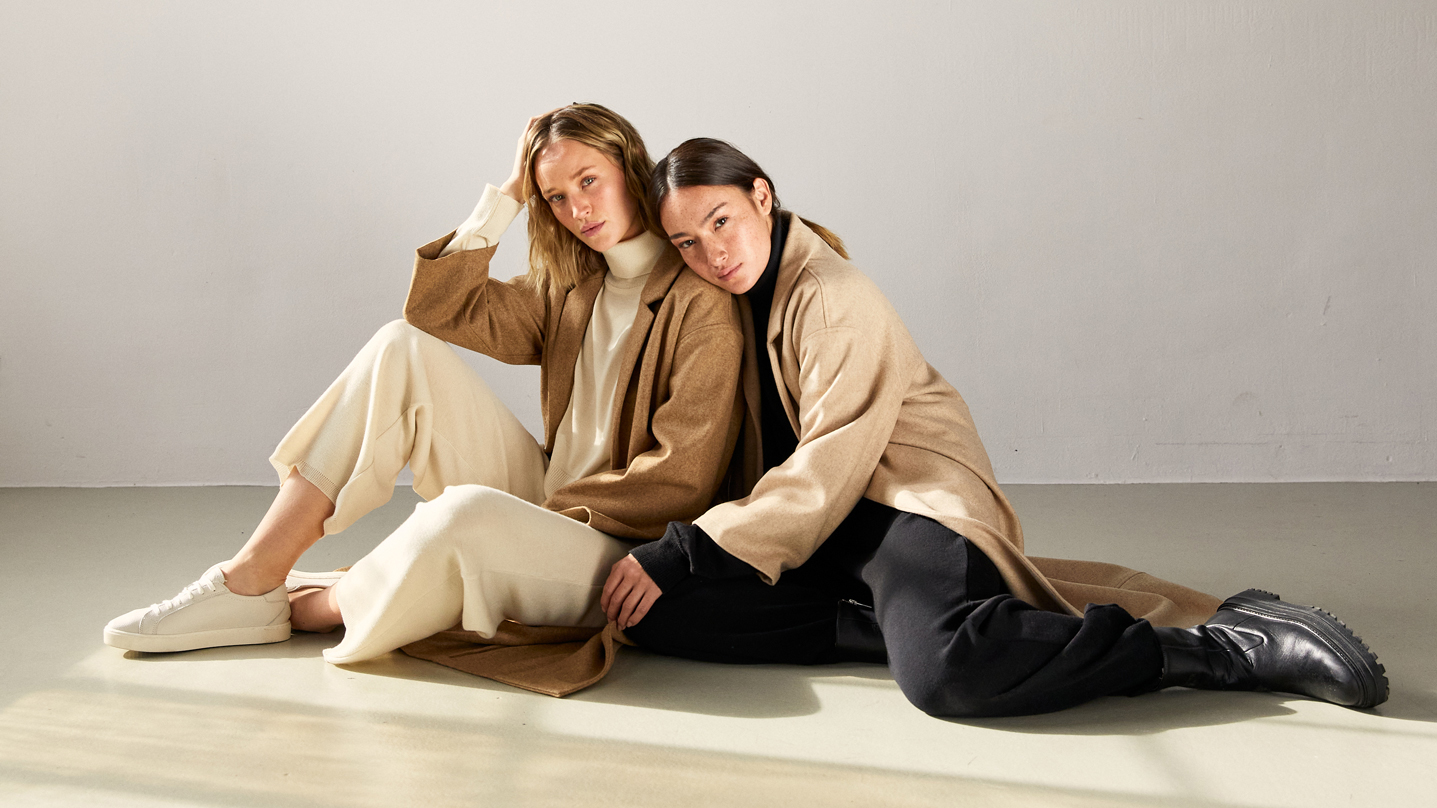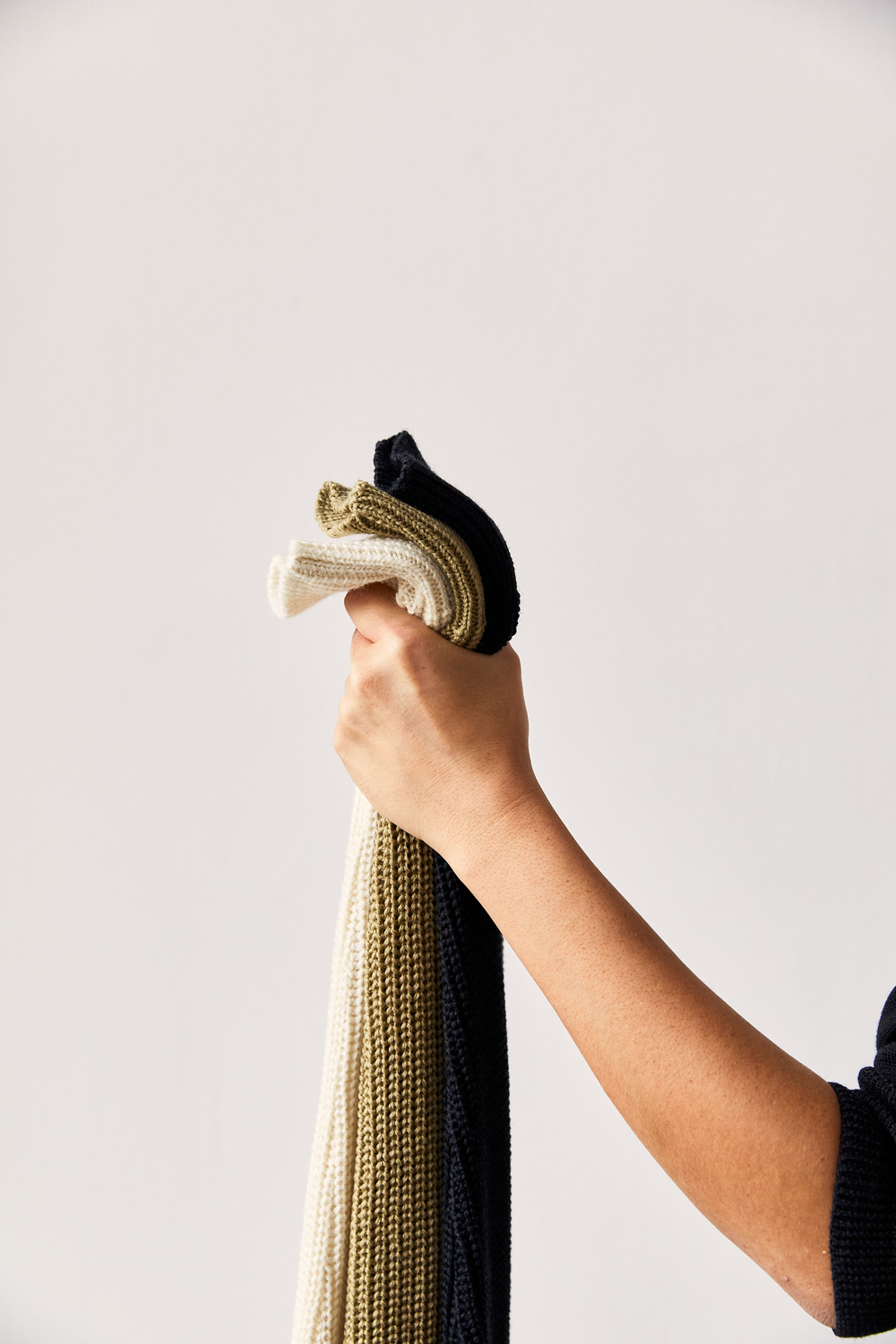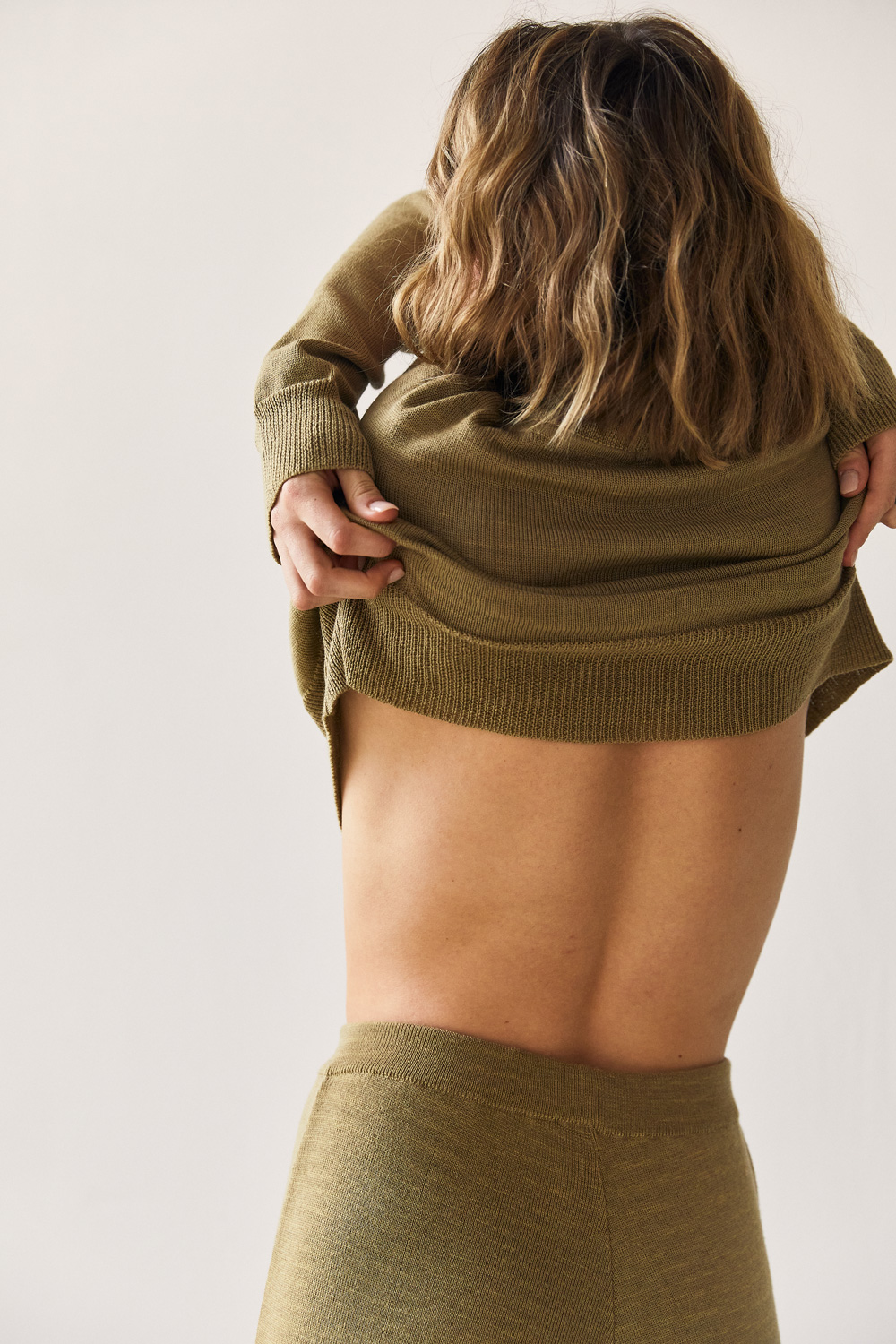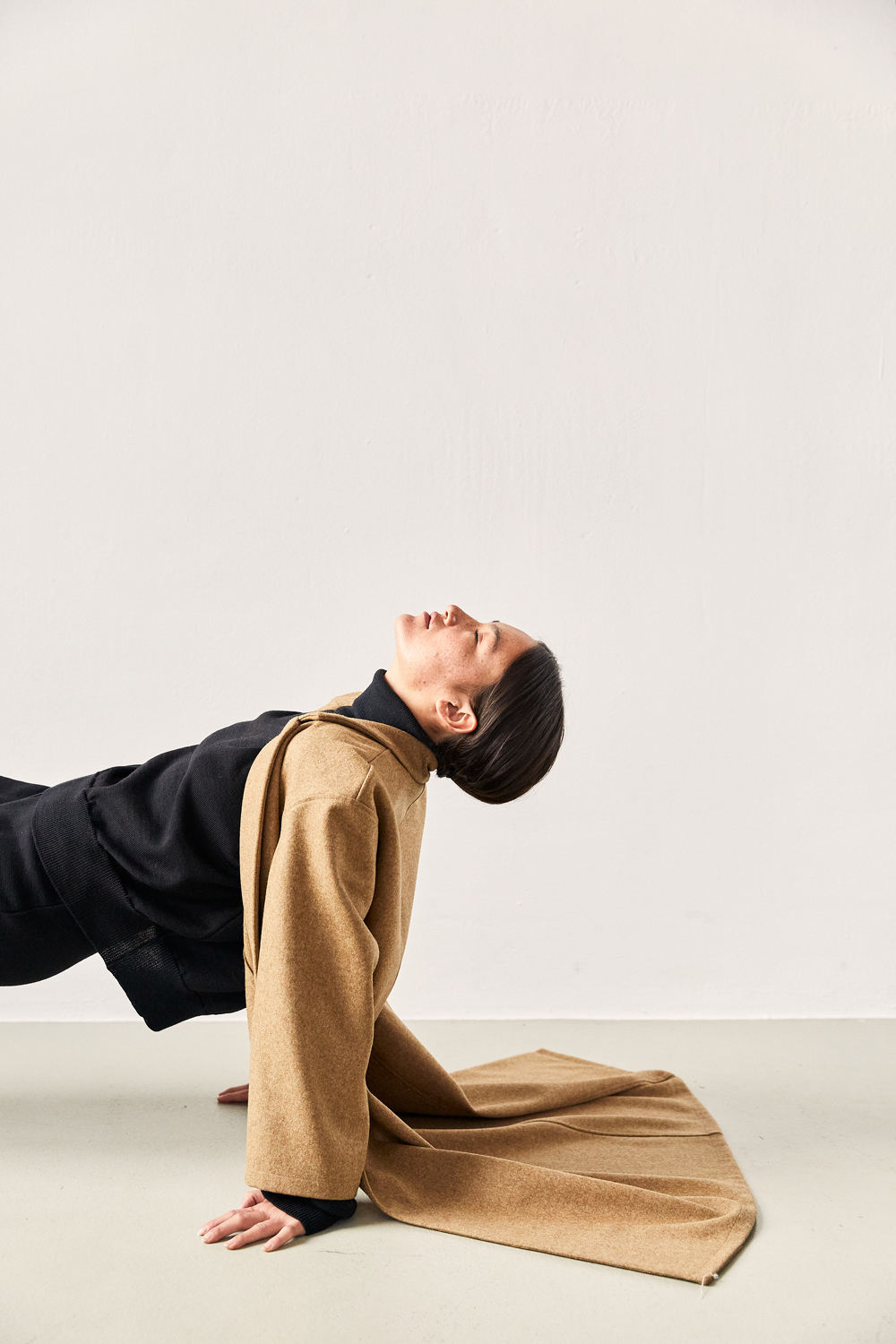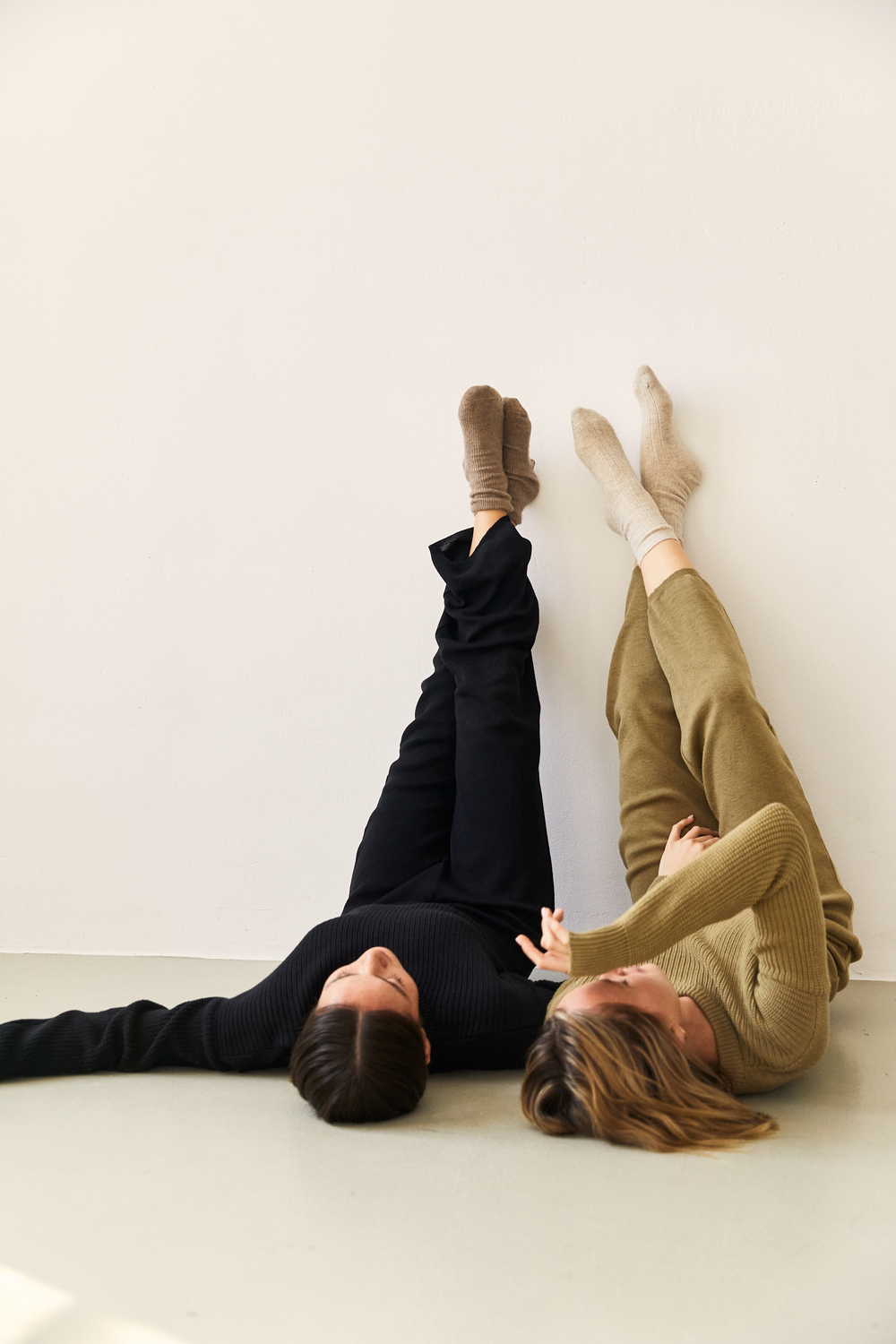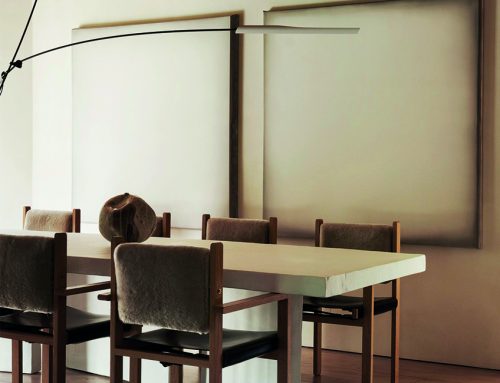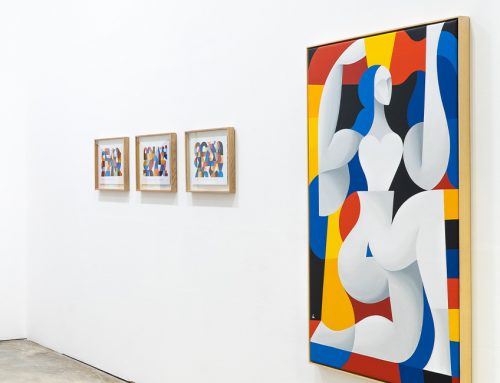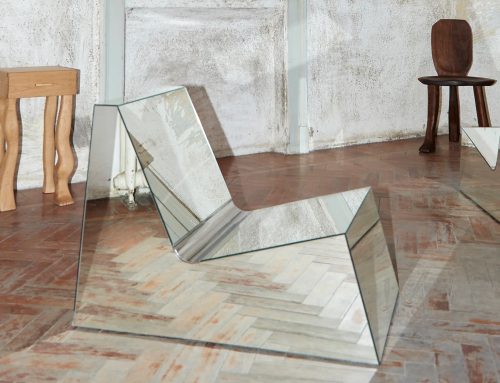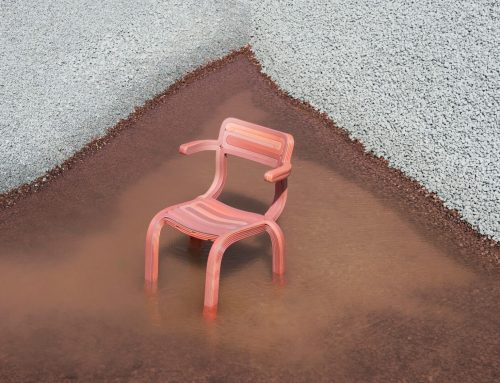Sustainable fashion activist Anna-Laura Kummer, the founder and creative director of The Slow Label talked with us about fair manufacturing process, how to start a company with 22 & about the future of sustainable fashion.
Anna is originally from Vienna but now based in Berlin, she created a fashion brand with an emphasis on fair and sustainable manufacturing processes that aims to decelerate a fast fashion industry. She has spent nearly a decade building a loyal audience and spreading her campaign around the world via Instagram and YouTube. A scroll through her various platforms reveals an outspoken advocate for sustainability, fair fashion, and planet-friendly nutrition, with daily tips and tricks on how to live a more environmentally-conscious life.
When did you start your personal journey with the topic „sustainability“? What was your personal “the point of no return“ when you decided to change something in your life. What was it? And How far do you think I will go?
I think a few things came together around the same time that made me open my eyes and see the critical condition our planet is in. I had been working with many non-sustainable fashion and beauty brands for a while. At a young age, this consumerist world can be quite alluring, but after having been part of it for a couple of years, I started to question it. I had just gone vegan (mostly for health reasons) and watched some documentaries on the topic of veganism in order to educate myself on its positive effects on the environment. Seeing how profound one simple change can be, I started researching more about which everyday choices and habits have the biggest impact on our planet. I discovered the documentary “The True Cost”, which not only talks about the environmental impact of fashion, but also about the ethical and social issues in this industry. This was the point where I decided to make a full 180 and commit to less consumerism and a more conscious lifestyle. And it was the best decision I could have ever made!
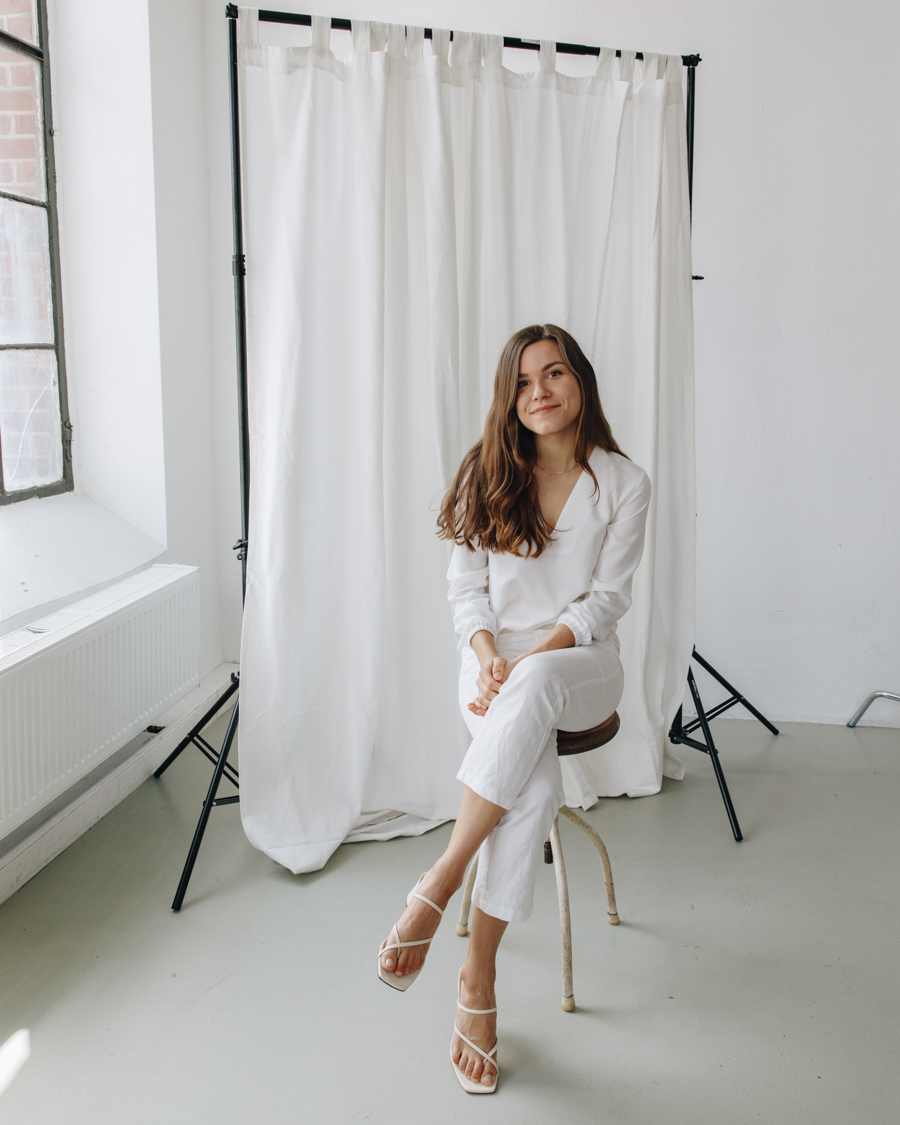
You start your own sustainable brand „The slow label“ with 22. What was your idea behind it? What is the crucial defference of The Slow label and other sustainable brands? A lot of consumers thinks “beige, not trendy with a certain do it yourself look, and I must say in the most cases it is true 🙂 and What do you think how much „fashion trend“ should be covered with sustainable clothes?
When I switched to a more conscious lifestyle I found it really hard to find brands and clothes that check all the boxes. Some brands work with synthetic fibers, some don’t disclose their supply chains, some use organic materials but produce in bad conditions. Of course you can’t have it all, no brand is 100% perfect. But I wanted to work on creating a clothing label that checks all the boxes that are important to me.
We work with certified organic materials, always do our best to source natural trims (made of organic materials rather than recycled synthetic materials), maintain close relationships with our suppliers and manufacturers, donate at least 1% of our gross sales to non-profit organizations, stick to a slow fashion cycle and do all of those things in the most transparent and improvement-oriented way possible. We want our customers to know exactly what they are paying for and who they are supporting by shopping at The Slow Label.
How often you release the collection and what is it about? Where do you produce and who you choose your fabrics and production partners? What is your favorite fabric and why?
Our garments are supposed to complement or make up your capsule wardrobe. They are timeless contemporary staples – high-quality essentials that are easy to combine and won’t go out of style as quickly. We therefore don’t follow the typical seasonal rhythms and aim to release new products or product collections (such as our Basics) as they are finished. This way we get to focus more on the unique features of each individual product (or collection) and are not locked into the typical fashion schedule that – as covid has shown – becomes increasingly hard to follow.
We currently have a carefully selected network of manufacturers and suppliers in Germany, Austria, Lithuania, Poland and Slovakia. Who we work with for each product or collection depends on the supplier’s specifications, machinery and focus. For example, our knitwear collection was manufactured at a knitting mill in Slovakia after it had been plant-dyed in Vienna, Austria. Our coat manufacturer in Poland is great at working with woven fabrics and specializes in more demanding projects. Meanwhile our manufacturer in Lithuania works exclusively with jerseys and has a higher production capacity, making them the perfect partner for our Basics.
The artisans and manufacturers we work with are the foundation of our business and we value the close relationships we have with them. We disclose our supply chains on our product pages and seek to visit each manufacturer we work with at least once a year. Due to covid, some planned visits were not possible in 2020.
It’s hard to choose a favorite fabric, as each material we work with has its own special features, pros and cons. But I have to say we love working with lyocell TENCEL™ – especially for dresses and blouses! TENCEL™ fibers are biodegradable and compostable and can fully revert back to nature. The wood is sustainably sourced and produced in a closed-loop process, which means waste and water are reused/recycled to up to 99%. The fabric feels soft and light on the skin, has a slight cooling effect and is elegantly shiny.
Why did you choose exactly the styles to produce? Do you design on your own or there is a team behind you? What is your favorite piece in the collection?
I design with three main questions in mind: Which item of clothing do I personally need or want right now that I cannot find anywhere else in the quality that I’m looking for? Is this an item that will be a long-lasting, easily combinable and timeless addition to people’s wardrobes? Can this garment be produced to The Slow Label standards and which hurdles might come up when sourcing materials or manufacturers?
Sometimes the last question is the hardest. As much as we would like to produce sustainably – from fabrics to yarns, labels, zippers and other trims – the industry just isn’t there yet. Some more trendy styles might not be doable yet, or it requires a big investment to research and innovate.
For example, we have been working on an amazing pair of straight leg pants for over a year now. In order to avoid using a non-recyclable mixed-fiber material (organic cotton mixed with elastane) and still make them comfortable and long-lasting, we decided to invest in creating our own fabric made of organic cotton and biodegradable ROICA™
elastane. We believe we are filling a gap here, as we haven’t seen this fiber combination in pants before. Crossing our fingers that the investment will be worth it!
I design everything myself and work with a production team to facilitate material sourcing and pattern making. My favorite item (this is such a hard question to answer!) is probably The Wool Wrap Top, because it is so incredibly flattering!
How do you control the value chain in each stage? Is it important for you that your suppliers use fair trade and cruelty free resources? How do you make sure, that it is the case?
For fabrics suppliers we look for certifications that certify the fabric’s entire supply chain. In addition to the certification, we send a survey to each supplier in order to get a better understanding of their work ethics. We then take it from there and organize all other production steps and materials – this way we are able to oversee the supply chain and disclose it on our website as well.
Most of our garments are certified organic and many factories have certifications as well. However, because our products are only certified until a certain stage in the manufacturing process (for example: the material, spinning, weaving and dyeing for our wool overcoat are certified), but our end product does not have a certification, we are not allowed to name the specific certifications and license numbers. As we introduce new products and settle on the right manufacturers for each component of our garments, we are determined to tackle this!
What is in your opinion the most important point of sustainability in fashion industry in terms of environmental debate and climate change?
Oh wow, most things about the fashion industry are so unsustainable! I think there is one key thing for fashion brands to remember. You can use sustainable and organic fibers all you want, but if you are consistently over-producing and therefore over-marketing through steep sales and discounts, you are not creating a positive impact. This is the reason why many fair fashion activists criticize big fast fashion brands for their “sustainability collections”. Yes, it is important to use organic cotton instead of regular cotton. But this is only treating a symptom, not actually tackling the root if the issue: Overconsumption.
What do you think how the fashion industry will be in 5 years?
Everything is pointing towards sustainability right now. The next-generation consumers are looking for value-based brands. Personable clothing labels with a message and mission. I hope that climate change will be taken seriously and that in five years brands will have established less harmful processes. No more greenwashing, more positive change.
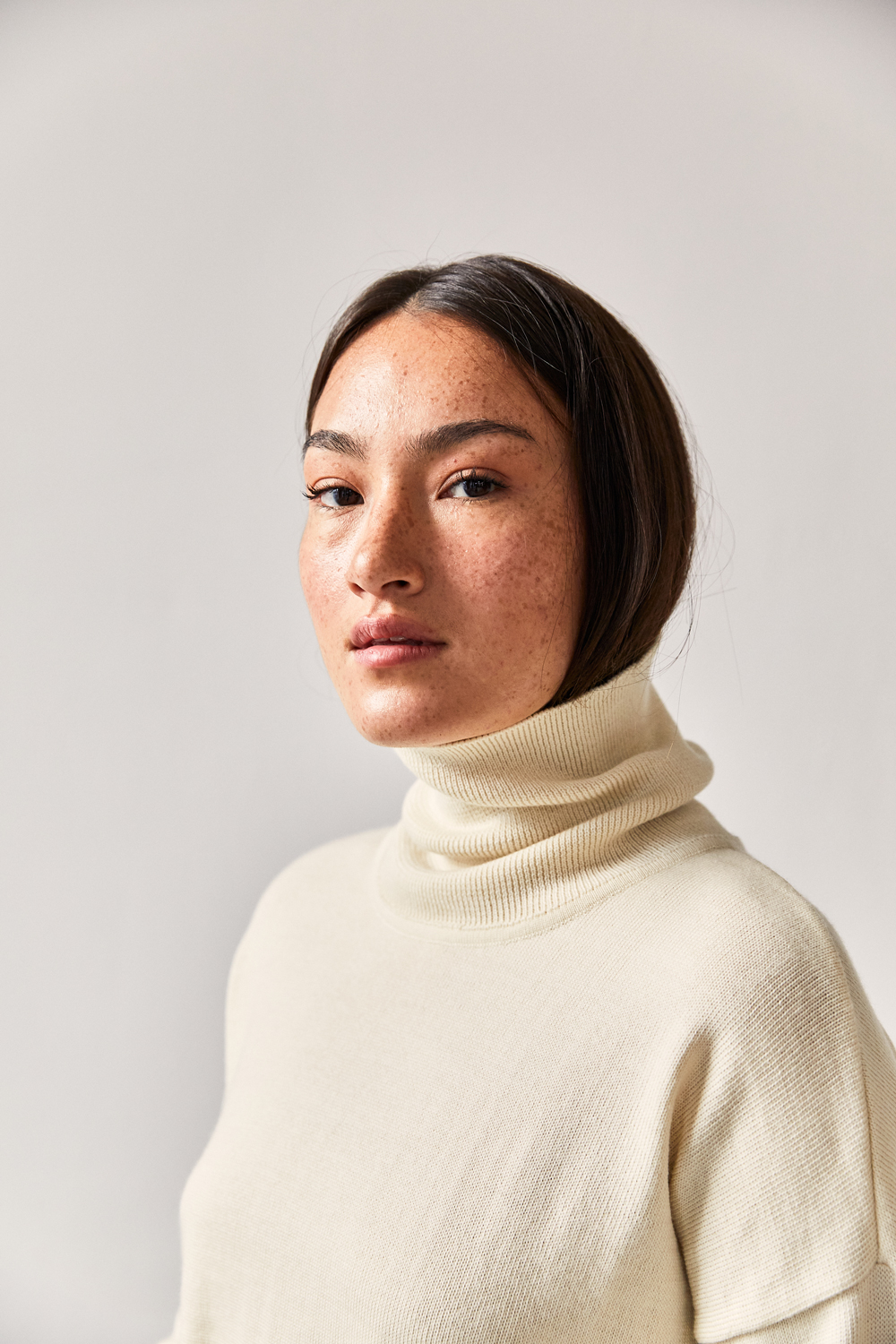
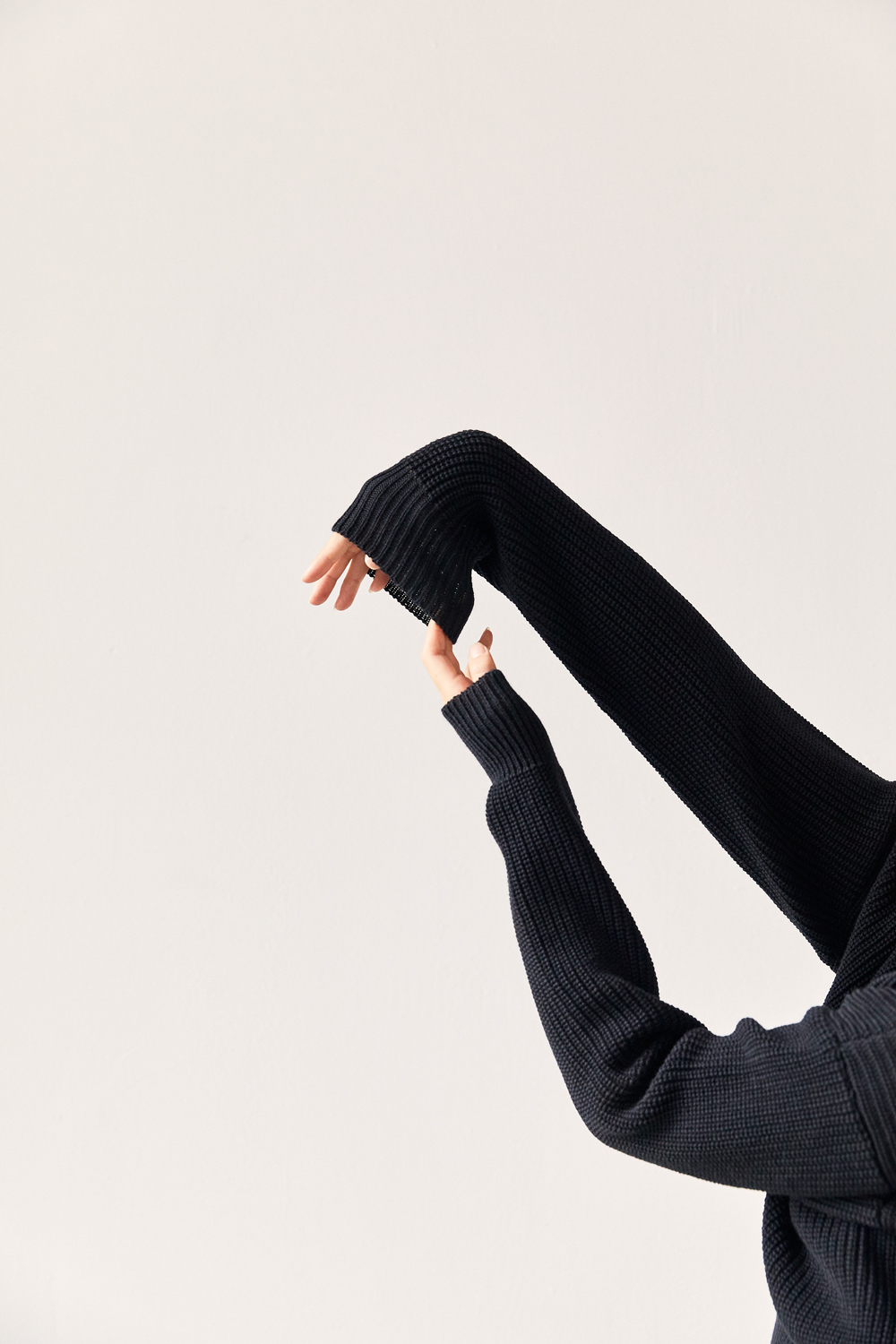
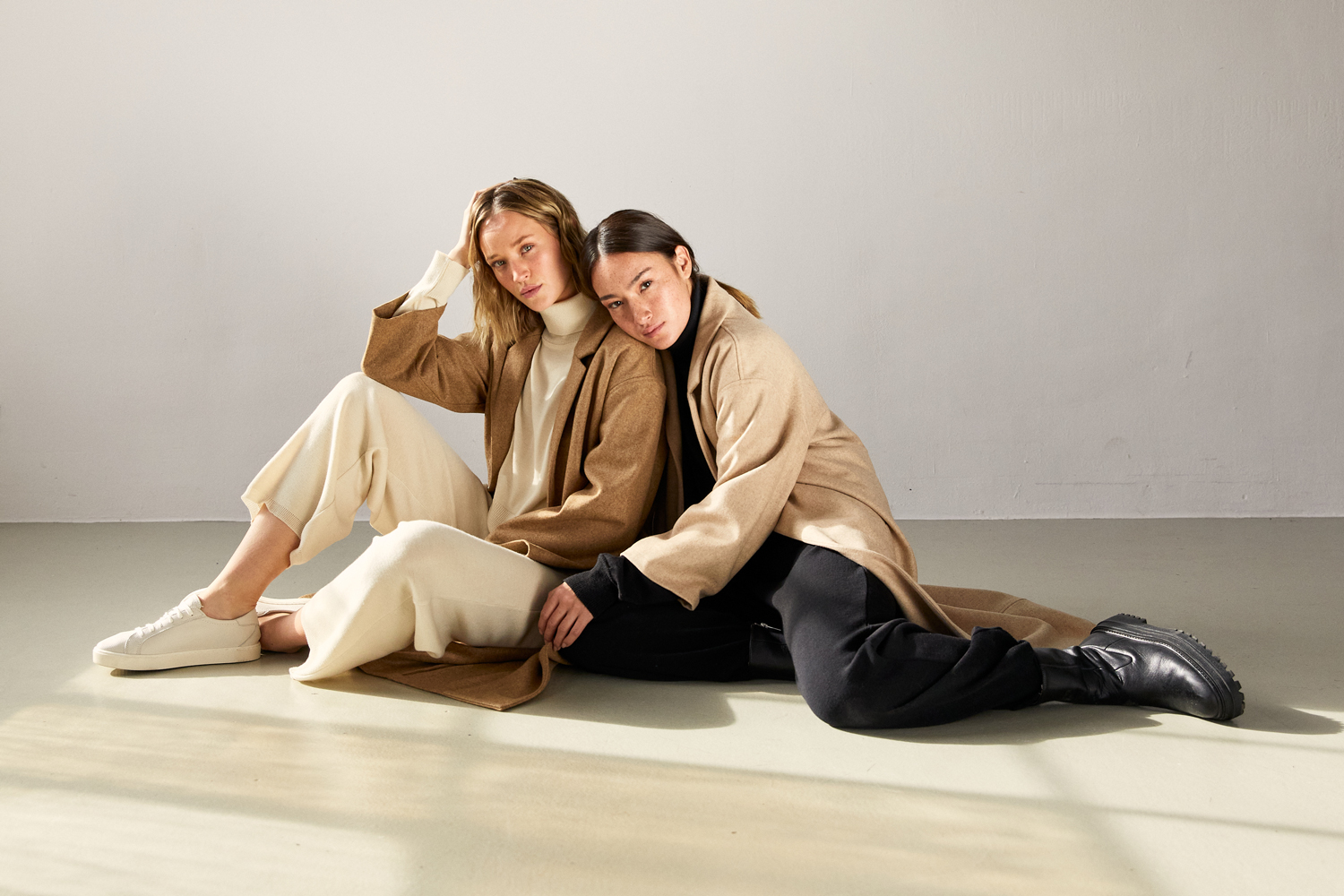
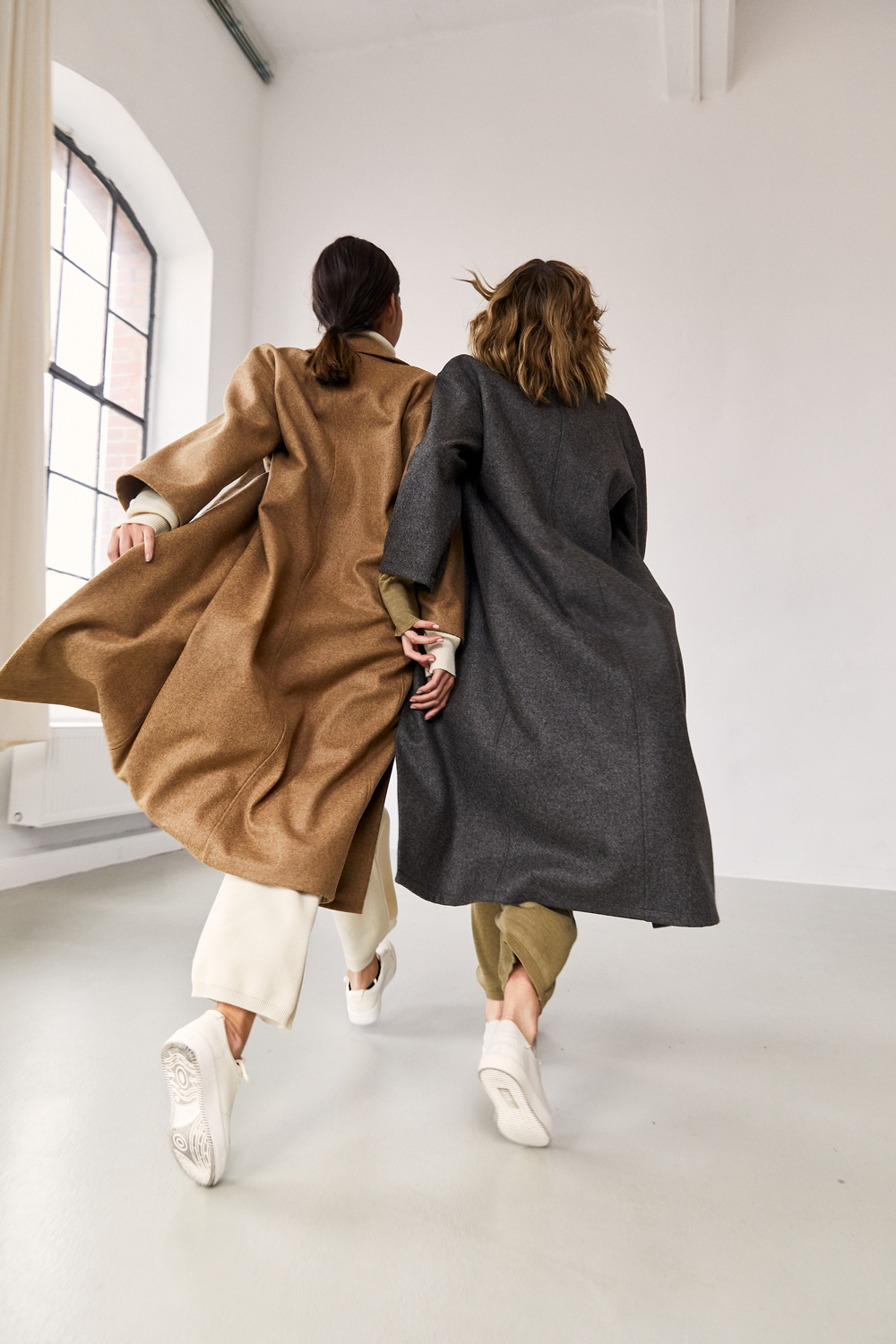
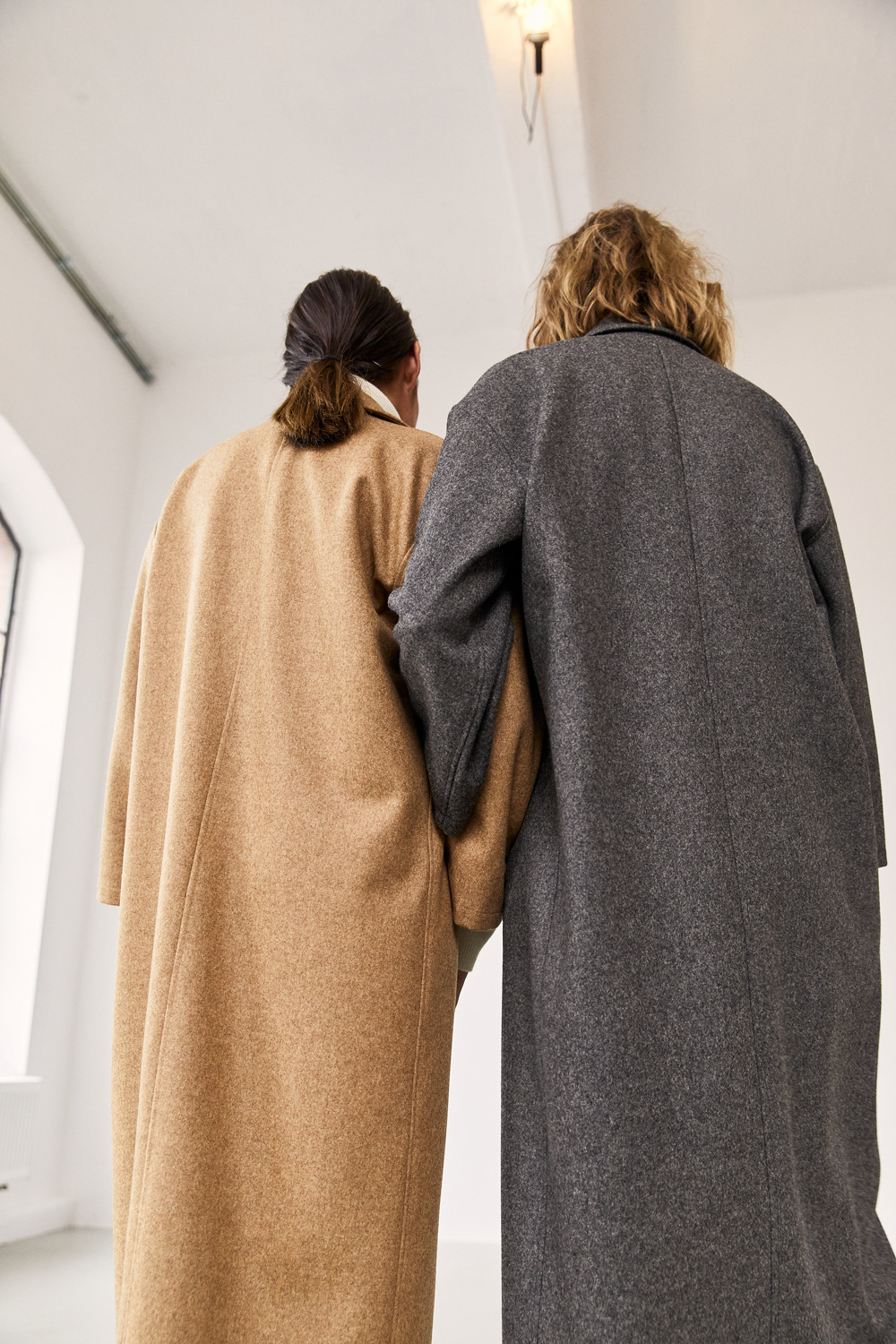
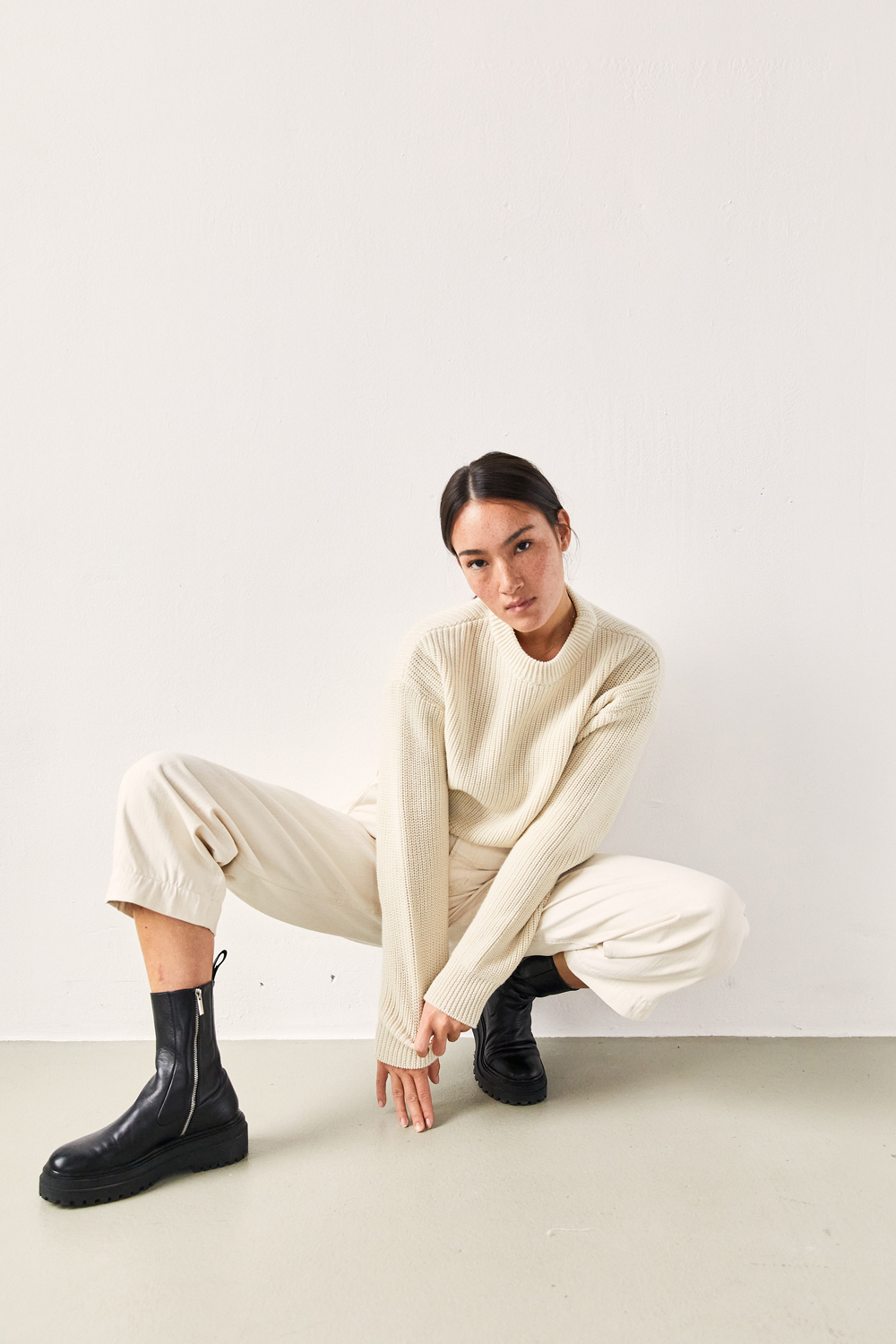
Credits:
Photography by Jordann Wood
Styling by Elena Shylina
Make Up by Marilia Rohr
Model Jassica Reif
Model Jennifer Gilmore via Core Management
All looks by The Slow Label


